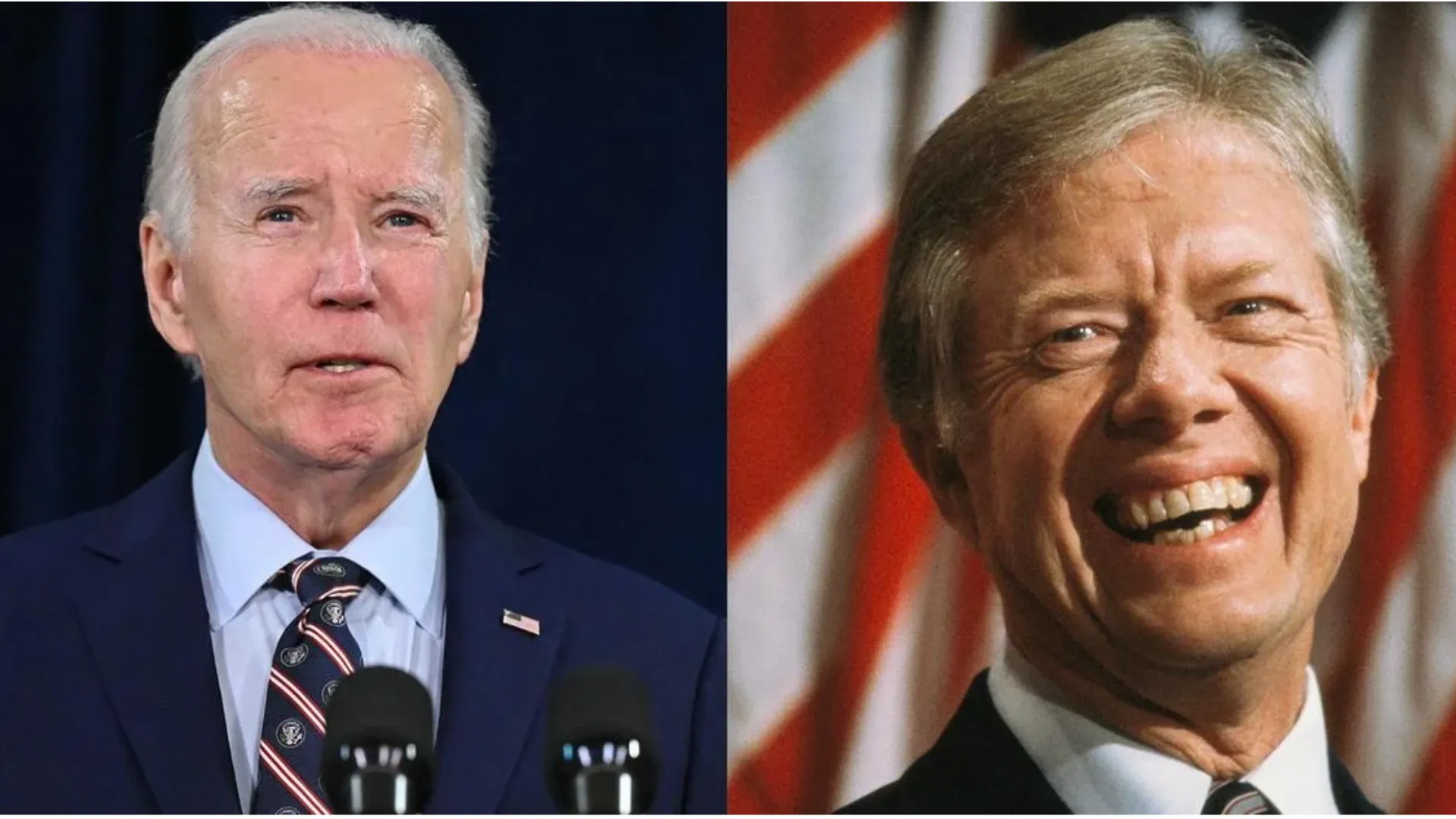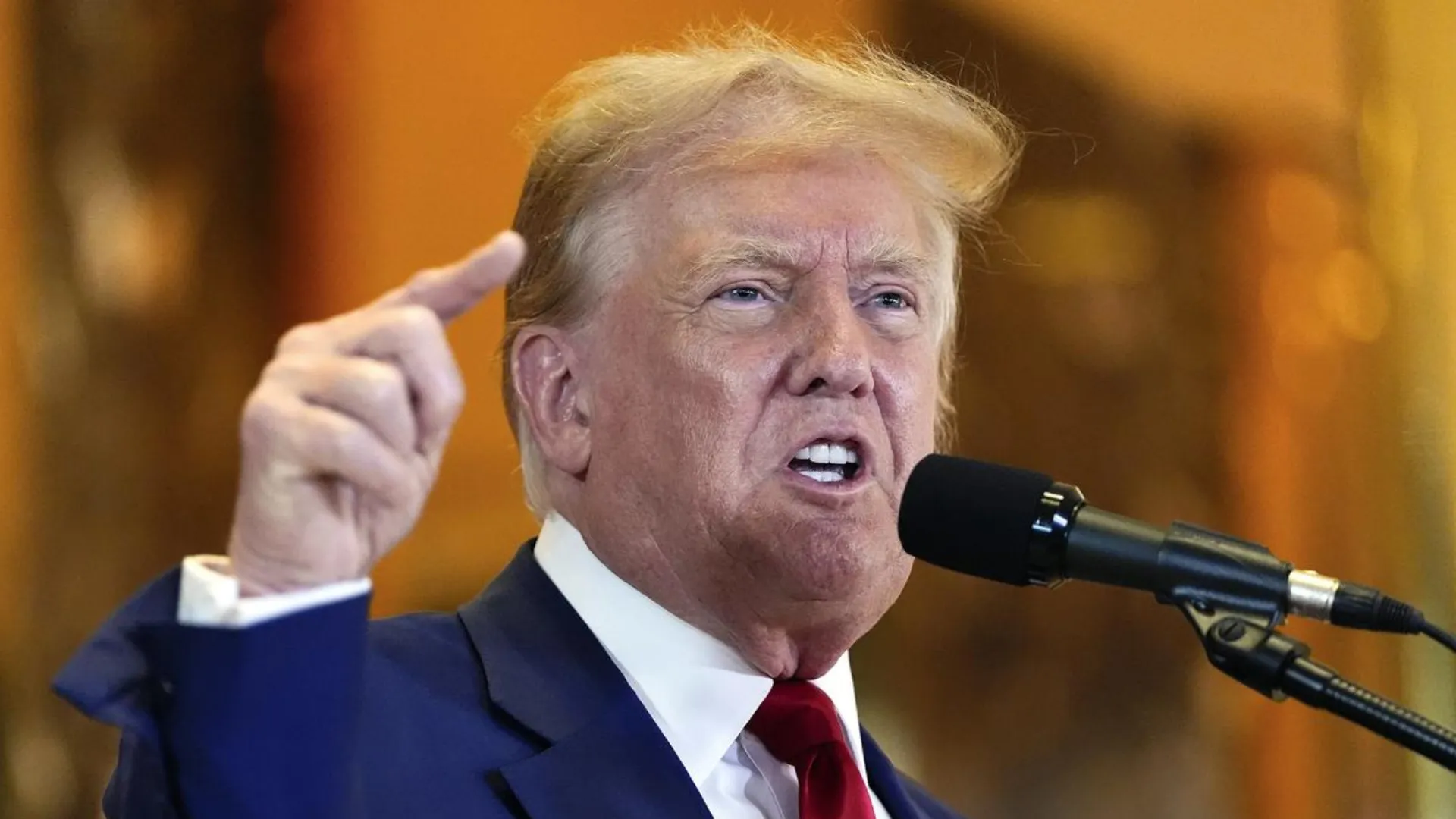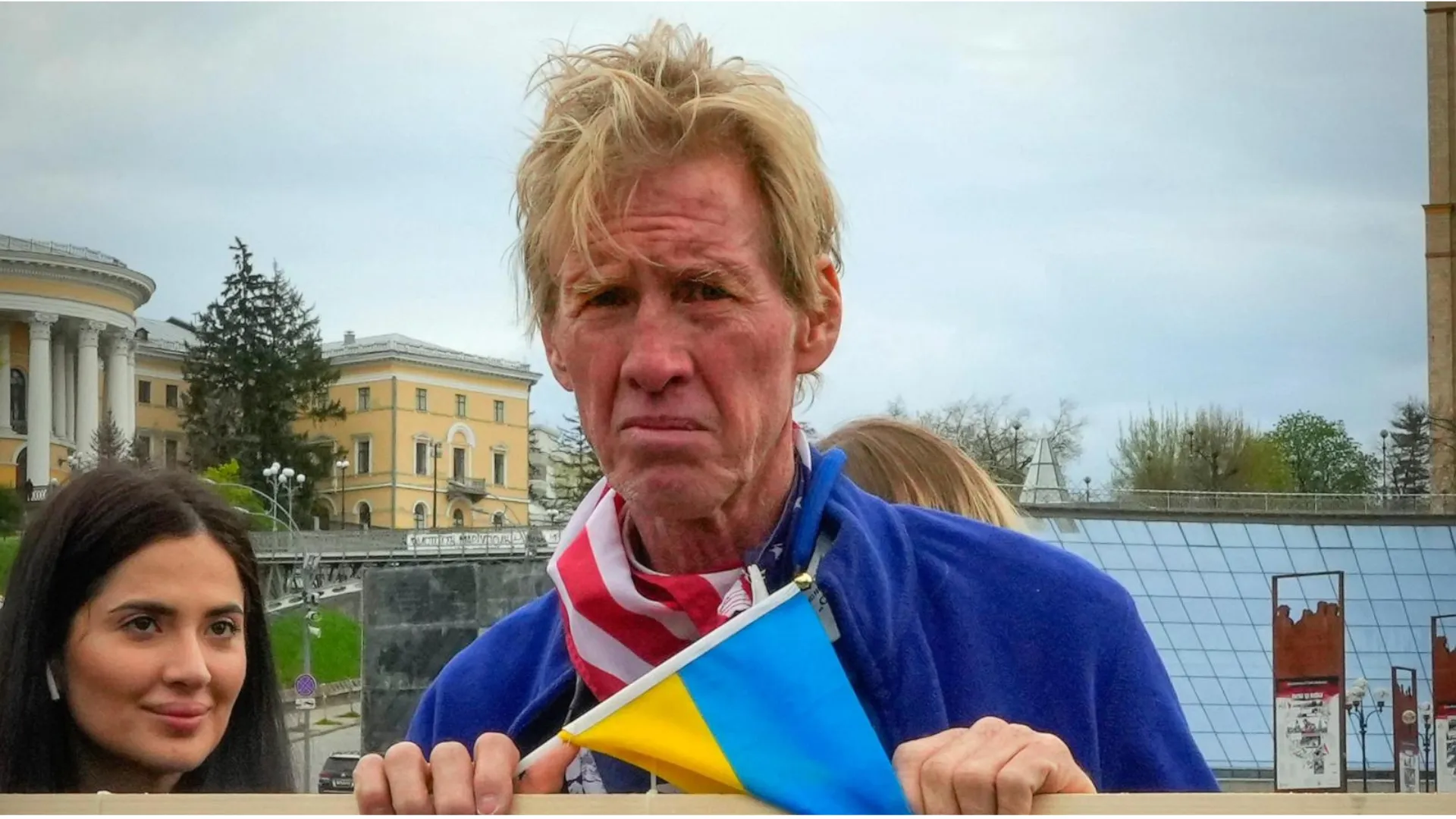
President-elect Donald Trump has publicly criticized President Joe Biden’s decision to commute the sentences of 37 federal death row inmates, calling the move a blow to justice.
Trump, who has pledged to “vigorously pursue” the death penalty upon taking office, took to his platform Truth Social to express his disapproval, writing, “Makes no sense. Relatives and friends are further devastated. They can't believe this is happening!”
Biden announced the commutations on Monday, reducing the sentences of all but three federal death row inmates to life without parole. The decision, which aligns with the moratorium on federal executions imposed under his administration, was justified by Biden as being “guided by [his] conscience and [his] experience as a public defender.”

However, the move has drawn criticism from victims’ families, law enforcement groups, and political opponents, including Trump, who has promised to reinstate and expand the use of capital punishment.
Biden’s action spared 37 of the 40 inmates on federal death row, leaving the sentences of three high-profile mass murderers intact: Robert Bowers, who killed 11 people in the 2018 Pittsburgh synagogue shooting; Dylann Roof, responsible for the deaths of nine churchgoers in Charleston, South Carolina, in 2015; and Dzhokhar Tsarnaev, the Boston Marathon bomber.
Biden emphasized that his decision does not reflect leniency toward their crimes, stating, “Make no mistake: I condemn these murderers, grieve for the victims of their despicable acts, and ache for all the families who have suffered unimaginable and irreparable loss.”

Trump’s response to the decision has been forceful. During his first term, his administration executed 13 federal inmates, a record unmatched since the 1800s. Trump has also vowed to expand the federal death penalty to include crimes such as child rape, the murder of law enforcement officers, and certain acts of drug and human trafficking.
Legal experts, however, warn that such measures would require congressional approval and face significant constitutional hurdles.
Criticism of Biden’s decision has been widespread. Families of victims, like Tim Timmerman, whose daughter Rachel was murdered in 1997, have voiced outrage. Rachel’s killer, Marvin Gabrion, had his death sentence commuted under Biden’s action.

“Where's the justice in just giving him a prison bed to die comfortably in?” Timmerman asked, pointing out that the death penalty was determined by a jury.
Heather Turner, the daughter of a bank employee murdered by Brandon Council in 2017, also condemned the commutation of Council’s sentence. On Facebook, she wrote, “My mom's murder is being used as a political game piece by a president who isn't even fit for office.”
While Biden’s move has been praised by anti-death penalty advocates for addressing systemic racial disparities in capital punishment, some argue that he didn’t go far enough.

Activists, including the Rev. Sharon Risher, whose family members were victims of the Charleston shooting, have called on Biden to extend clemency to the remaining federal and military death row inmates. “You can’t rank victims, Mr. President,” Risher said. “There’s still time to finish the job.”
The debate over the federal death penalty remains deeply divisive, with Biden’s actions drawing both condemnation and praise. As the political backlash unfolds, Trump has vowed to reinstate executions, promising a return to what he calls a “Nation of Law and Order.”



